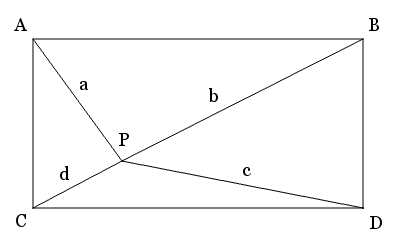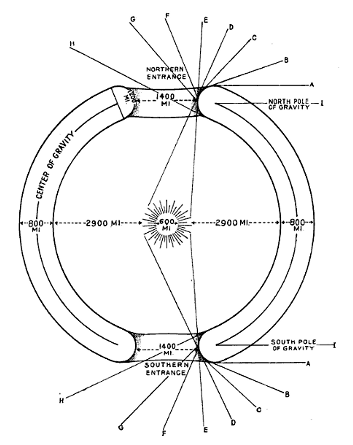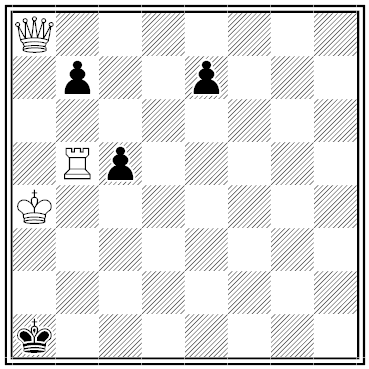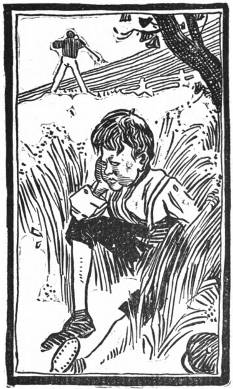On Christmas night 1945, Army serviceman Frank Hayostek tossed a bottle over the rail of the troopship that was carrying him home from France. It contained this message:
Dear Finder,
I am an American soldier … 21 years old … just a plain American of no wealth, but just enough to get along with. This is my third Christmas from home. … God bless you.
In September 1946, he received a letter from Ireland:
I have found your bottle and note. I will tell you the whole story.
I live on a farm at the southwest coast of Ireland. On Friday, Aug. 23, 1946, I drove the cows to the fields beside the sea and then went for walk on the strand called The Beal. It is an inlet of Dingle Bay.
Well, my dog was running before me and I saw him stop and sniff something light on the sand, and then he went off in pursuit of sea gulls. I found the object was a brown bottle. … The cork … crumbled in my fingers. How the note kept dry, nobody can understand. … I sat there on the beach and read it.
I thought at first I was dreaming. This is just a little common Irish village where nothing strange ever occurs, and this is something for the farmers to talk about while they cut the oats and bring the hay into the barn. Well, imagine, the bottle has been on the sea for eight months. … Who knows where it has been? It may have traveled around the world. How did it escape being broken on the rocks? If you had only seen where I got it! It’s all a mess of rocks. The hand of Providence must surely have guided it.
Well, I hope to hear from you soon. … You mention offering no reward to the finder of the bottle. Well, I ask no reward, as it was a very pleasant surprise. Wishing you very good luck, your loving friend,
Breda O’Sullivan
Hayostek and O’Sullivan exchanged 70 letters over the next seven years. She was a farm girl in the village of Lispole in County Kerry, and he found work as a welder in Johnstown, Pa., saving $80 a month in order to visit her.
In August 1952 Hayostek flew to Ireland, where both were besieged by reporters.
“It’s in the hands of God,” he said. “She’s very nice.”
“After all,” she said, “we only met a few hours ago. Up to then, he was only a man in a bottle.”
But after two weeks O’Sullivan announced, “There is no romance and there will be no wedding. We will remain good pen pals.” She continued to correspond with Hayostek until 1959, when she married a local man. “If I had known that I would get all that publicity by answering the letter,” she told a reporter later, “I would have left the bottle lying there.”
Hayostek may have felt differently. His gravestone reads: “Frank L Hayostek, June 11, 1924-November 15, 2009: Frank Hayostek met in Tralee, Ireland, with Breda O’Sullivan who found a message-laden bottle he had tossed from a Liberty ship seven years before.”




